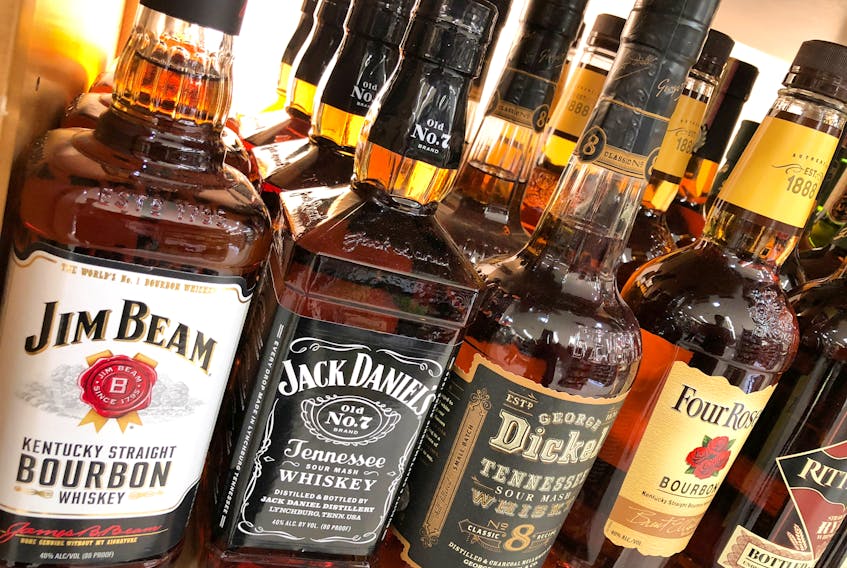“Distilling four centuries of fact and anecdote, Sheilah Roberts Lukins serves up a revealing and often amusing survey of our fascination with good spirits.” This sentence concludes the blurb found at Amazon.ca about “Bottoms Up: A History of Alcohol in Newfoundland and Labrador,” a new book by Sheilah Roberts Lukins. On Oct. 17th The Telegram had an article on the book. I read with a growing sense of outrage the total silence about the terrible impact excessive drinking has on the human brain and body.
The impact is nowhere more profound than for people whose mothers drank alcohol while they were pregnant. Prenatal alcohol exposure causes far more extensive damage than illegal drugs and, because the effects alter the formation of the brain and vital organs, that damage is lifelong. The consequences of prenatal alcohol exposure are grave, inhibiting both physical and intellectual development, societal acceptance, and adult success.
Low risk drinking is not drinking every day, drinking a case of beer in one sitting, or getting hammered on rum and Coke.
And it isn’t just during pregnancy that alcohol can have significant health consequences for drinkers who consume more than the Canadian Low Risk Drinking Guidelines advise. The Guidelines recommend no more than two standard drinks per day for women or three for men. Whatever your favorite drink, they all contain the same amount of pure ethanol. One drink equals 12 ounces of beer, five ounces of wine, or 1.5 ounces of distilled spirits.
Low risk drinking is not drinking every day, drinking a case of beer in one sitting, or getting hammered on rum and Coke.
Alcohol contributes to several serious physical illnesses: various types of cancer, liver disease, cardiovascular diseases, stomach bleeding and problems managing conditions such as diabetes, high blood pressure, pain and sleep disorders. The health cost to the province is staggering; in 2014 it was estimated at $276 million.
The psychological toll is immediate and lasting. How many families here have had patriarchs who drank up their wages and came home to beat their wives because their dinners were cold? Alcohol is regularly linked to domestic violence, a source of sustained trauma for everyone in the family. It is a contributing factor in roughly half of all homicides, severe trauma injuries, sexual assaults, and suicides.
Before modern sanitation, there was good reason to drink beer, wine and spirits since there was no reliable way to make drinking water safe. Now that we know how to keep drinking water clean, it’s time to rethink Newfoundland and Labrador’s cultural celebration of drinking to intoxication. The suffering and death caused by alcohol is not amusing and it’s about time we started focusing on that.
Lucy Lehr
Conception Bay South








